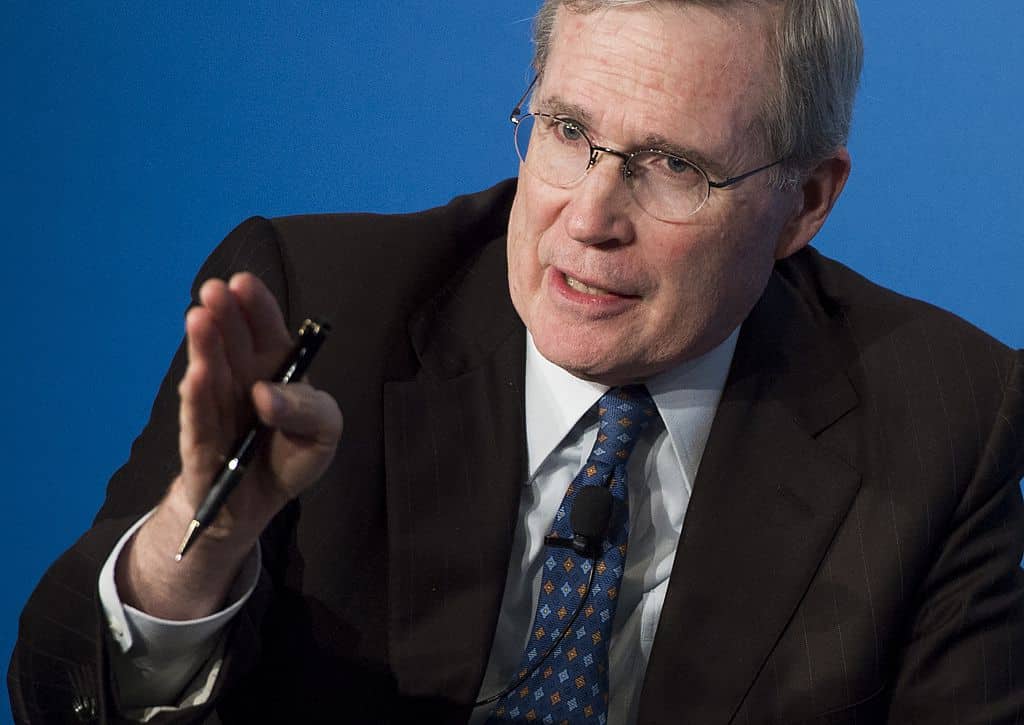Knowledge is power and secrecy is its currency.
This axiom only intensifies as you go up the totem pole of power. High-profile and powerful positions often rely on secrecy because plans made public can get derailed. This generates a natural tension in a democratic society like the United States, where openness and oversight are viewed as critical functions designed to hold powerful officials accountable.
Democracies regularly attempt to ensure transparency, but backsliding and poor enforcement are almost as predictable as reform attempts. Recent reform efforts have focused on lobbyists and Political Action Committees; here regulators have leaned on regular disclosure reports and, well, not much else. What a disclosure reveals can be frustratingly little, but it is far more than what some other information actors are required to disclose.
One of the most obscure types of information actor is the consultant. Consultants are everywhere advising on all manner of things, but who is consulting whom and on what specifically is not fully known. The reason for this is that, unlike lobbyists and campaigns, there is no oversight or guidance governing political and policy-based consulting.
Consider the case of the powerhouse consulting firm, Rice, Hadley, Gates, & Manuel LLC (RHGM).
The principals of RHGM consist of two former cabinet members, Secretary of State Condoleezza Rice and Secretary of Defense Robert Gates, in addition to former national security advisor, Stephen Hadley. RHGM got its start in 2009 when Hadley and Rice left the government and were later joined by Gates and Anja Manuel.
Given their foreign policy roles while in government, it’s no surprise that that is the focus of their services. But who they’re advising, and on what issues, is mostly a mystery. They are not required to disclose their clients, and they don’t. For that matter, it isn’t even clear what constitutes a “client” for RHGM. In some instances, we find that a corporation has retained the firm’s services through an SEC filing, but in most cases the nature of the influence firm’s work remains opaque.
Or, consider the weapons manufacturer Raytheon.
Raytheon is not formally designated as a client of RHGM, nor are the principals of RHGM registered as lobbyists, but Stephen Hadley joined the board of directors (Proxy Summary) for Raytheon in 2009, the same year he helped found RHGM. Over the next several years, a pattern emerged of on a range of matters (including one of Gates’ pet issues as Defense Secretary, export control reform) followed by .
It is unclear where the crux of the relationship lies. What does Hadley ultimately do at Raytheon? If he’s giving advice, does that mean he’s doing so on behalf of RHGM? It’s impossible to tell, as the involved parties are not required to disclose anything on this matter.
The investment firm RWC Partners has also retained RHGM’s services, dating back to 2016. RWC has invested in a range of firms including Hikvision, which was accused by the Defense Department of having ties to the Chinese military in 2020. Hikvision denied the charge. But regardless, in 2017 RWC also cited Hikvision as a key investment in the surveillance industry, comprising upwards of 25 percent of China’s surveillance market selling drones and facial-recognition software, including in Xinjiang where its technology was used in the now infamous “re-education camps.” By 2019, Hikvision was facing intense pressure over its operations in Xinjiang, culminating in many American investors, including RWC, divesting from the company.
The nature of RHGM’s role, if any, in RWC’s investment in Hikvision is not public; what is known is that the two firms are intimately linked.
Congress and the President don’t need to reinvent the wheel in order to establish some rules and norms regarding consulting firms—the disclosure regulations governing lobbyists provide a blueprint. Regular reports on who is consulting whom, on what issues, and at what monetary value would not seem too burdensome an ask of consulting firms whose advice helps create the winners and losers in our economy and geopolitical space.
Shining the light on the shadow lobbyists with consultancy disclosures can give much-needed power back to the American people.

